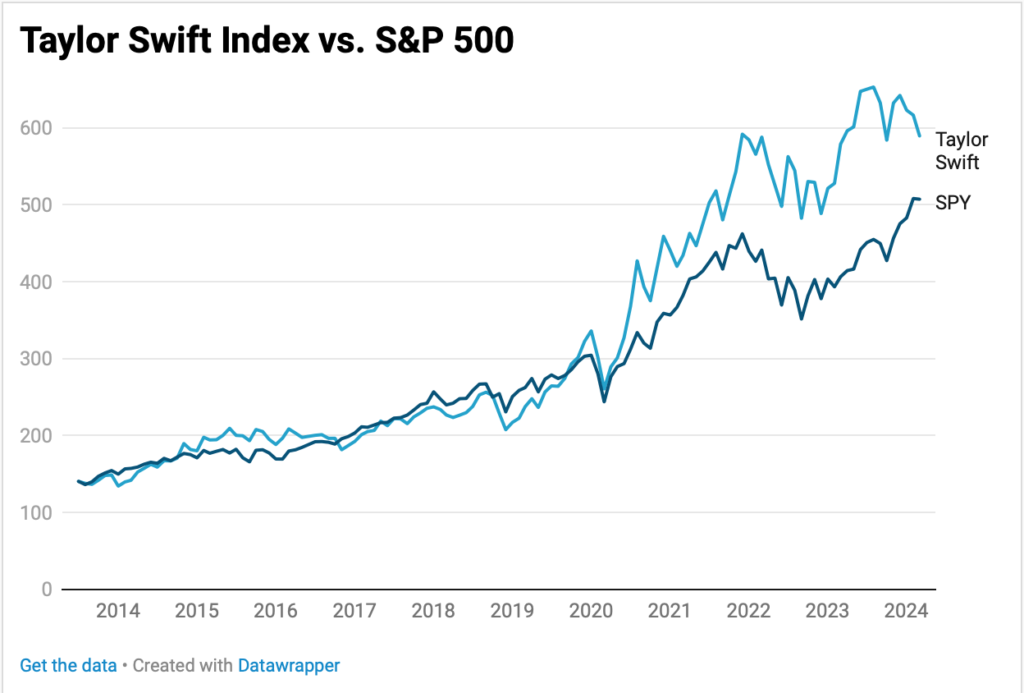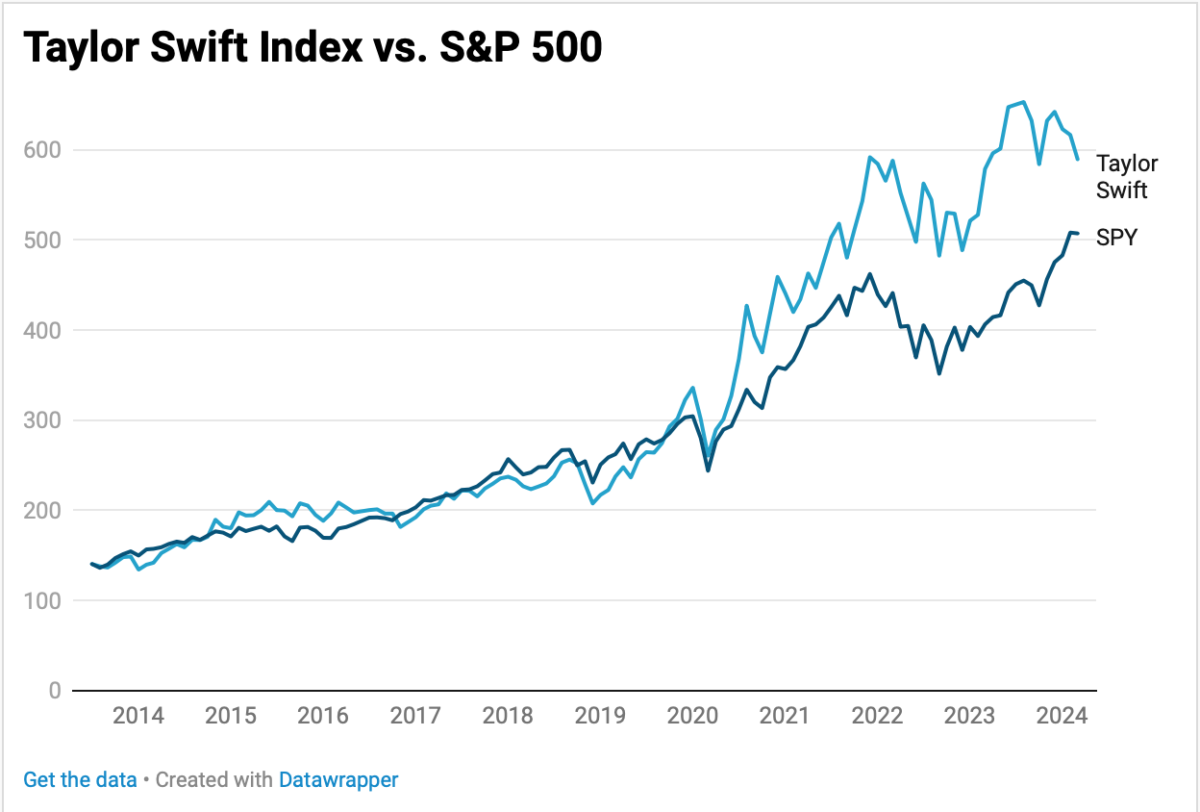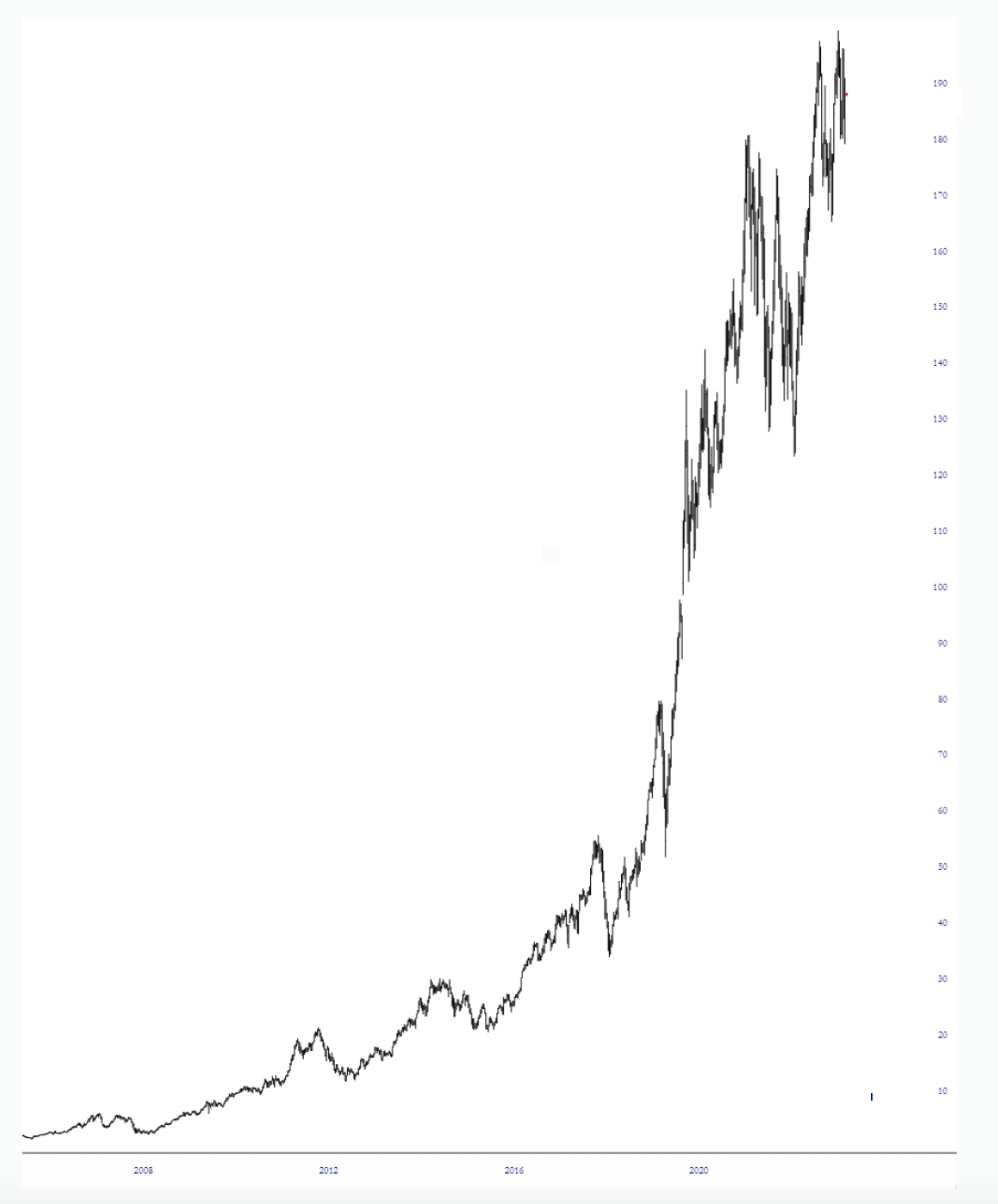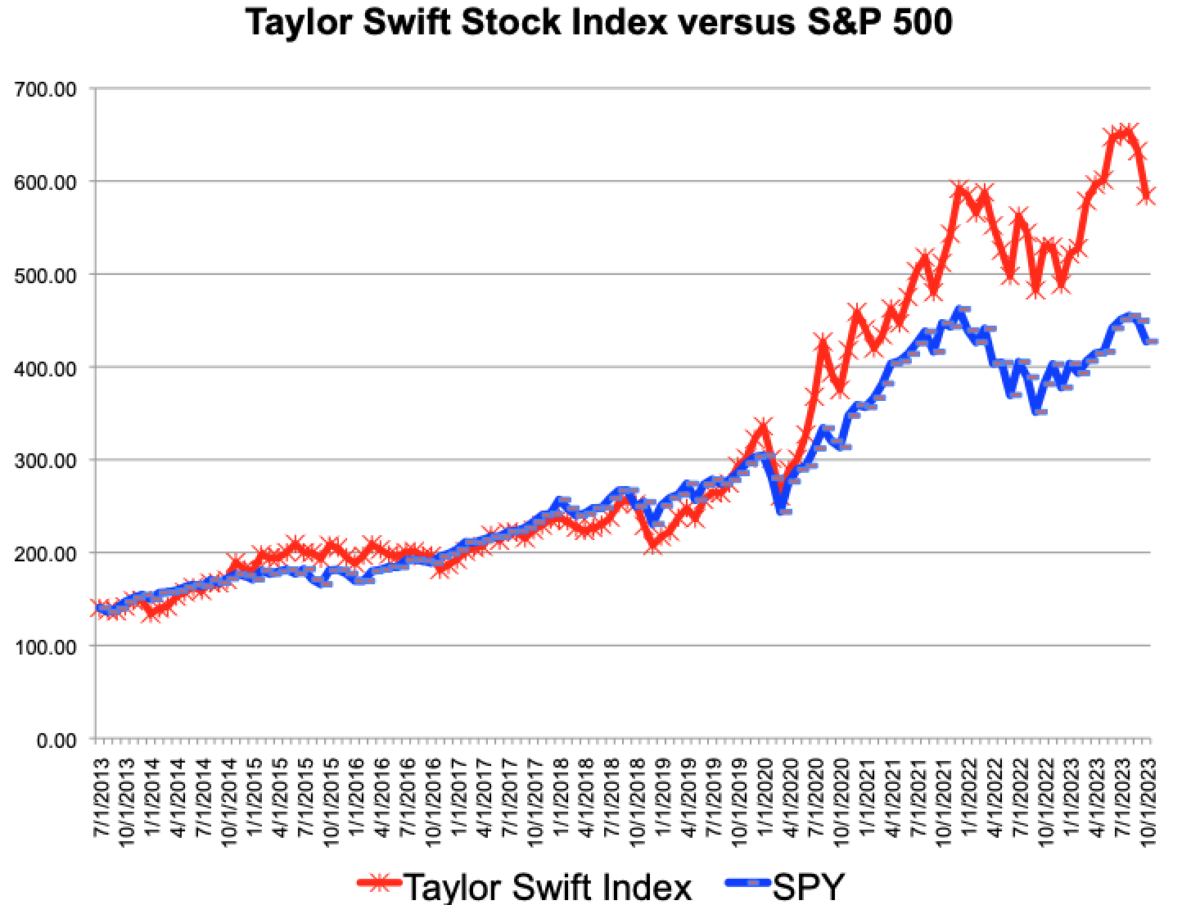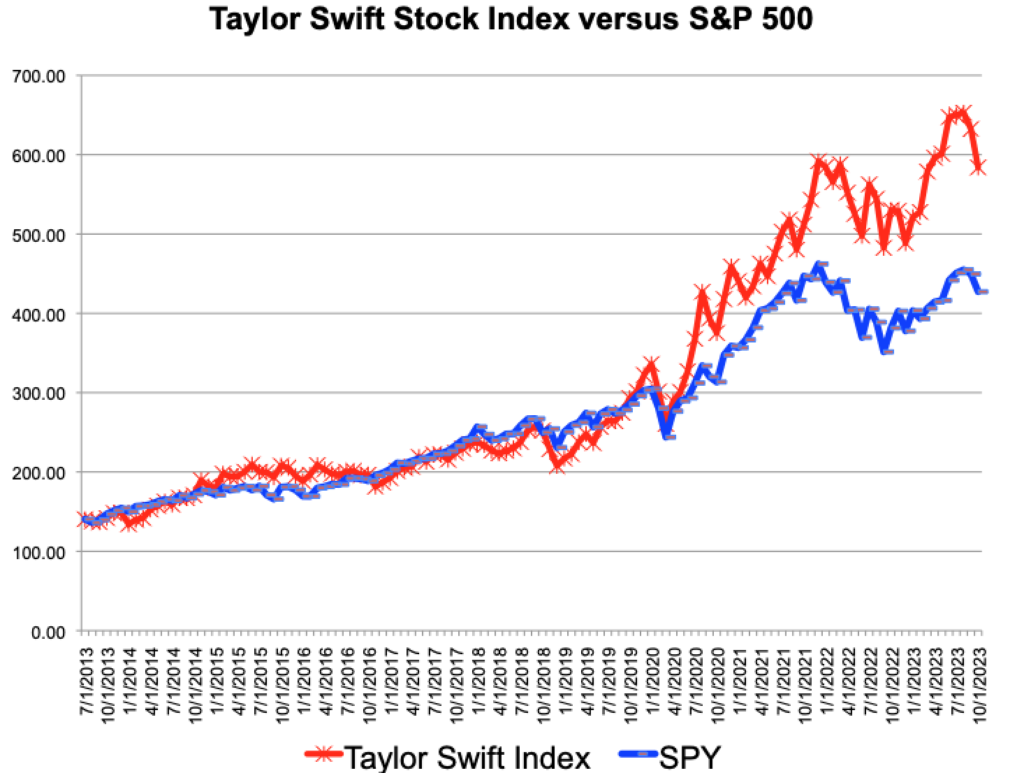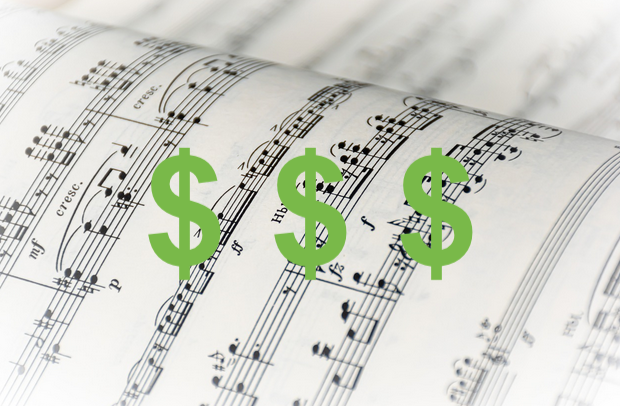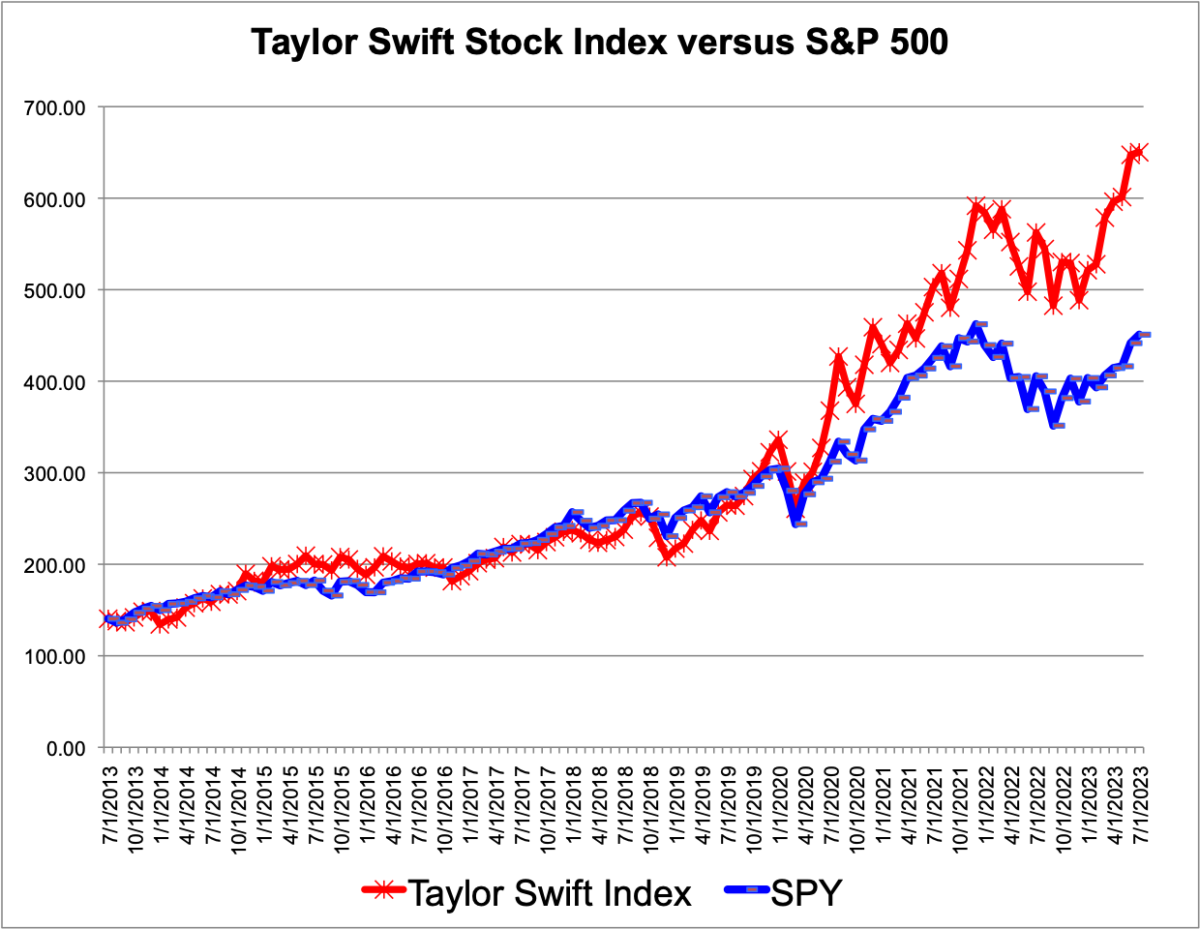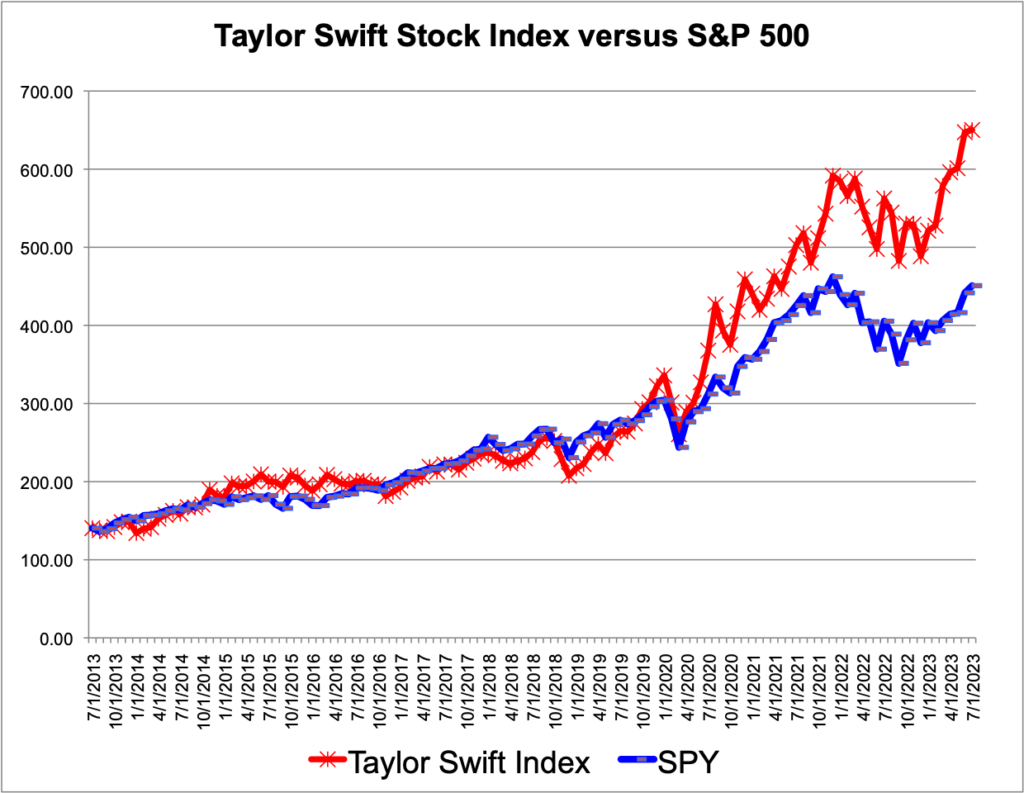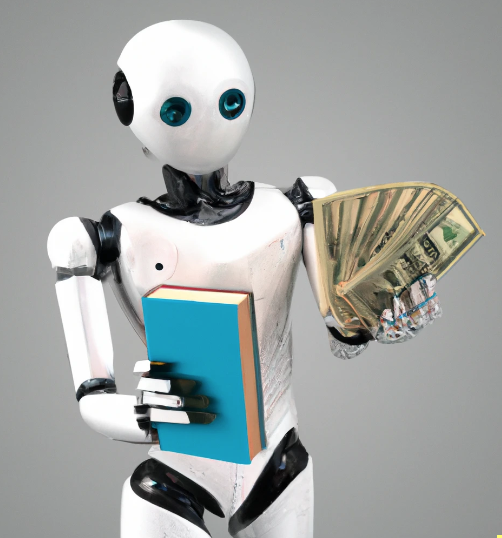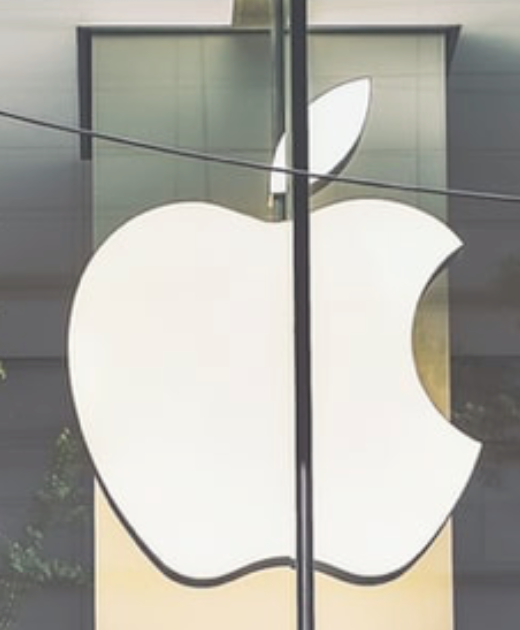By Fred Fuld III
You’ve seen it on TV, you’ve read about it on news websites. Artificial Intelligence, commonly referred to as AI, is now the hottest industry. Stocks that are involved in this industry are taking off.
I originally wrote about a form of artificial intelligence back in October of 2021 in an article called The Future of Artificial Intelligence: Can You Invest In It Now?
So you may be wondering what companies are the purest plays.
WHAT AI IS
Artificial Intelligence, or AI for short, refers to the ability of machines to perform tasks that typically require human intelligence, such as learning, reasoning, problem solving, and decision-making. AI algorithms are designed to analyze data, recognize patterns, and make predictions or recommendations based on that analysis.
In other words, AI is a way to teach machines to perform tasks that would normally require human intelligence, and to improve their performance over time based on the data they analyze. This technology has the potential to revolutionize many aspects of our lives, from healthcare to transportation to entertainment. AI is even being used to write articles and books.
WHAT CHAT AI IS
One of the most popular types of AI services is Chat AI.
Chat AI refers to the use of artificial intelligence technologies, such as natural language processing (NLP) and machine learning, to enable machines to communicate with humans via chat interfaces, such as chatbots or virtual assistants.
Chat AI is used in a variety of settings, such as customer service, where chatbots can be used to answer frequently asked questions, provide information, or help customers troubleshoot issues. Chat AI can also be used in healthcare to provide personalized support and advice, in education to assist with learning, and in business to streamline operations and improve customer engagement.
The key advantage of Chat AI is that it enables organizations to provide 24/7 support to their customers, without the need for human intervention. Additionally, Chat AI can help organizations save costs by automating routine tasks and reducing the need for human labor.
To enable effective Chat AI, developers must ensure that the algorithms are capable of understanding and interpreting natural language, as well as providing appropriate responses to user queries. This requires a combination of NLP and machine learning techniques, as well as ongoing training and improvement of the chat AI system.
Overall, Chat AI is an increasingly popular technology that has the potential to transform the way we interact with machines and automate routine tasks in various industries.
CREATING IMAGES WITH AI
Yes, artificial intelligence is now being used to create images, such as book covers, logos, album covers, and many other purposes. You just need to type in a simple description, and a picture will automatically be created. One of the most popular AI image services is called DALL-E.
DALL-E is an artificial intelligence system developed by OpenAI that is capable of generating images from textual descriptions. The name “DALL-E” is a combination of the artist Salvador Dali and the Pixar character Wall-E.
The DALL-E system uses a combination of machine learning techniques, including natural language processing and computer vision, to interpret textual descriptions and generate corresponding images. It is capable of creating images of objects and scenes that do not exist in the real world, such as a teapot made of giraffe or a snail-shaped harp.
THE BIG PLAYERS
The DALL-E system was trained on a dataset of text-image pairs, which enabled it to learn the relationship between textual descriptions and their corresponding visual representations. The system was trained on a massive amount of data, including images from the internet and text descriptions from a variety of sources.
The potential applications of DALL-E are numerous, including in the fields of art, design, and advertising. It has the potential to streamline the creative process and help artists and designers bring their ideas to life more quickly and easily. However, there are also concerns about the potential misuse of this technology, such as the creation of fake images or the propagation of harmful stereotypes.
First, let’s get the large stocks out of the way. There are many companies involved in AI, ranging from startups to large corporations. However, some of the biggest companies involved in AI are:
Google (GOOG) (GOOGL) is known for its search engine, but it’s also heavily invested in AI, with products like Google Assistant, Google Photos, and Google Translate all utilizing machine learning.
Amazon (AMZN) is using AI in many areas, such as its recommendation engine, its Alexa voice assistant, and its Amazon Go stores, which use computer vision to enable a checkout-free shopping experience.
Microsoft (MSFT) has been investing heavily in AI and has developed several AI-powered products, including Cortana, Skype Translator, and Microsoft Cognitive Services.
IBM (IBM) has a long history of developing AI technologies, and its Watson platform is one of the most well-known examples of AI in action.
Meta/Facebook (META) uses AI in a variety of ways, including facial recognition technology for tagging photos and content moderation.
Apple (AAPL) has been incorporating AI into many of its products, including Siri and Face ID.
NVIDIA (NVDA) is a leading manufacturer of GPUs, which are essential for training and running AI models.
Baidu (BIDU) is a Chinese search engine that is heavily investing in AI, with projects ranging from self-driving cars to voice recognition.
Tesla (TSLA) is using AI in its autonomous driving technology and is working to develop a fully self-driving car.
Alibaba (BABA), the Chinese e-commerce company, is investing in AI to improve its recommendation engine and other areas of its business.
THE PURE PLAYS
Now let’s get to the purer plays in artificial intelligence.
C3.AI
C3.ai, Inc. (AI) is a software company, located in Redwood City, California, that provides enterprise AI solutions for a variety of industries, including energy, healthcare, and finance. The company was founded in 2009 by Dr. Thomas M. Siebel, who is also the CEO of the company.
Before founding C3.ai, Dr. Siebel was the founder and CEO of Siebel Systems, a leading enterprise software company that was acquired by Oracle Corporation in 2006. After the acquisition, Dr. Siebel focused on developing AI-based solutions for the enterprise market and founded C3.ai.
Initially, C3.ai focused on developing predictive maintenance and energy management solutions for the energy industry. The company’s first product, C3 Energy Management, was designed to help utilities optimize their energy generation and distribution systems using machine learning algorithms.
Over time, C3.ai expanded its focus to other industries, including healthcare, financial services, and manufacturing. The company’s current product offerings include C3 AI Suite, which is a platform that enables organizations to develop and deploy AI applications, and C3.ai Ex Machina, which is an AI-powered data science platform for data scientists and developers.
C3.ai has received funding from several prominent investors, including Breyer Capital, TPG Growth, and the Rise Fund. In December 2020, the company went public on the New York Stock Exchange under the ticker symbol “AI,” raising $651 million in its initial public offering.
The stock has a market capitalization of $2.45 billion. This debt-free company has $6.76 in cash per share.
SOUNDHOUND AI
SoundHound AI, Inc. (SOUN) is a Silicon Valley-based technology company that specializes in developing sound recognition and voice-enabled AI solutions. The company was founded in 2005 by Dr. Keyvan Mohajer, who is also the CEO of the company.
Initially, the company started as a music recognition app called “Midomi,” which allowed users to hum or sing a song, and the app would identify the song. Later on, the company expanded its focus to voice-enabled AI technology and changed its name to SoundHound Inc.
In 2015, SoundHound Inc. launched its flagship product, Hound, which is an AI-powered voice assistant. Hound uses a natural language processing (NLP) technology that enables users to speak complex and specific queries in a conversational manner. The Hound voice assistant is available as a mobile app and can be integrated into other devices and applications.
In addition to Hound, SoundHound AI, Inc. also offers a suite of AI-based products and services, including sound recognition technologies for speech-to-text and music identification, and voice-enabled AI solutions for automotive, hospitality, and other industries.
The company has received funding from several prominent investors, including NVIDIA, Samsung, and Tencent Holdings. By 2021, SoundHound AI, Inc. had raised over $250 million in funding.
SoundHound has a market cap of $580 million. The company is debt-free and quarterly sales increased by over 79% year-over-year.
BIGBEAR.AI
BigBear.ai Holdings, Inc. (BBAI) is a technology company that develops and provides artificial intelligence (AI) solutions for defense and intelligence organizations, as well as for commercial customers. The company was founded in 2018 and is headquartered in Reston, Virginia.
BigBear.ai’s technology solutions use AI and machine learning to help customers make sense of large and complex data sets, as well as to automate decision-making processes. The company’s AI-driven solutions are designed to improve situational awareness, increase operational efficiency, and support decision-making across a range of industries and applications.
The company’s solutions cover a range of capabilities, including computer vision, natural language processing, and data analytics. BigBear.ai’s solutions are used in a variety of applications, such as intelligence analysis, threat detection, predictive maintenance, and supply chain optimization.
BigBear.ai has a broad customer base that includes government agencies and commercial customers in various industries. The company has received funding from several venture capital firms, including Riverside Partners, Chart National, and Blu Venture Investors.
In 2021, BigBear.ai announced that it had entered into a definitive agreement to merge with GigCapital4, a special purpose acquisition company (SPAC), in a deal that valued the combined company at $1.57 billion. The merger was completed in August 2021, and the combined company is now publicly traded on the NASDAQ under the ticker symbol “BBAI” as “BigBear.ai”.
This debt-free company has a market cap of $458 million.
T STAMP
T Stamp Inc. (IDAI) is an identity authentication software company that uses artificial intelligence (AI) to develop solutions for government, enterprise partners, and peer-to-peer markets in the United States, the United Kingdom, and Malta.
T Stamp’s AI-powered solutions leverage biometric science, cryptography, and data mining to deliver identity and trust predictions, protect sensitive user information, and extend the reach of digital services through global accessibility. The company’s solutions include converting biometric and other identifying data into an Irreversibly Transformed Identity Token that serves as a secure tokenized identity. T Stamp also offers solutions for privacy and data protection, document validation, identity verification, geolocation, duplicate detection, and biometric capture.
T Stamp’s solutions serve a variety of industries, including banking/fintech, humanitarian and development services, KYC/AML compliance, government and law enforcement, P2P transactions, social media, and sharing economy, and real estate, travel, and healthcare. The company was incorporated in 2016 and is headquartered in Atlanta, Georgia.
Overall, T Stamp’s mission is to provide secure and scalable identity authentication solutions that leverage AI and advanced technologies to protect user privacy and combat identity fraud.
This is a microcap stock with an extremely low market cap of $18 million, and should therefore be considered extremely speculative.
MARPAI
Marpai, Inc. (MRAI) is a software company that specializes in developing and deploying artificial intelligence (AI) systems for the enterprise market. The company was founded in 2016 by a team of experienced entrepreneurs and AI researchers, including CEO and Co-founder Mark Sears.
Marpai’s platform, called “Cortex,” is designed to help businesses leverage AI to automate processes, extract insights from data, and improve decision-making. Cortex uses advanced machine learning algorithms to analyze large amounts of data and provide actionable insights to users.
The company has received funding from prominent venture capital firms, including Bain Capital Ventures, Crosslink Capital, and SVB Capital, among others. In May 2021, Marpai announced that it had raised $30 million in a Series A funding round led by M12, Microsoft’s venture fund, with participation from other investors.
Marpai has a range of customers across different industries, including finance, healthcare, and retail. The company’s solutions are used for a variety of applications, such as fraud detection, customer service automation, and supply chain optimization.
Overall, Marpai’s mission is to democratize AI and make it more accessible to businesses of all sizes, by providing a scalable and user-friendly platform for deploying AI solutions.
The stock is debt-free and quarterly revenue growth year-over-year was 28.8%. This is another microcap stock with an extremely low market cap of $40 million, and should therefore also be considered extremely speculative.
AI SUMMARY
According to Fortune Business Insights, “The Artificial Intelligence market is projected to grow from $387.45 billion in 2022 to $1394.30 billion by 2029, at a CAGR of 20.1%.”
Just remember, that there are many ups and downs in new industries, and all the pure play stocks in this list should be considered speculative. Remember, no recommendations are expressed or implied.
If you want to learn more about artificial intelligence, you should get the book Artificial Intelligence: What AI Is and How You Can Use It to Make Your Life Easier: A Guide to AI for Beginners, available in both paperback and Kindle.
Disclosure: Author didn’t own any of the above at the time the article was written, although may be making purchases in the near future. This article contains Amazon affiliate links whereby I would receive a small commission on any sale through those links at no additional cost to you.
